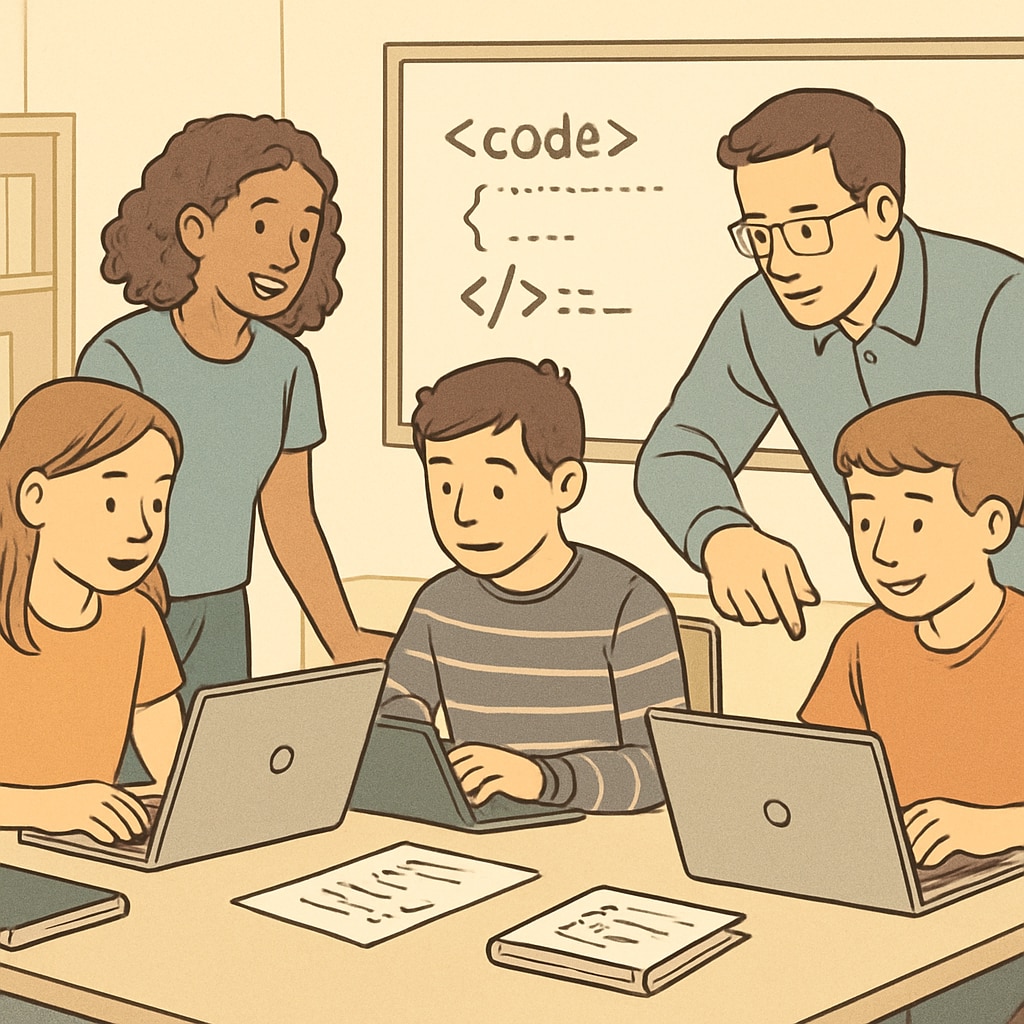When it comes to career planning, college major selection, and IT fields, high school graduates often feel uncertain about where to begin. With the rapid evolution of technology and the growing demand for skilled IT professionals, choosing the right tech major can significantly impact your future career. This article provides a clear roadmap for incoming college students, focusing on career prospects, personal strengths, and suitable learning paths in the dynamic IT industry.
Understanding Career Prospects in the IT Industry
The IT sector offers a vast array of career opportunities, ranging from software development and cybersecurity to data science and artificial intelligence. Each of these fields has its own growth trajectory and demand patterns. For example, according to the U.S. Bureau of Labor Statistics, IT jobs are expected to grow by 15% from 2021 to 2031, much faster than the average for all occupations. This growth is fueled by the increasing reliance on technology across industries.
When evaluating career prospects, consider the following steps:
- Research emerging tech trends and their long-term potential.
- Identify industries that align with your interests (e.g., healthcare IT, finance technology, or gaming).
- Explore roles in high demand, such as cloud computing specialists or machine learning engineers.

Assessing Personal Strengths and Interests
Choosing the right IT major requires a deep understanding of your own skills and interests. For instance, if you enjoy problem-solving and logic, a degree in computer science or software engineering might be ideal. On the other hand, if you are passionate about protecting digital assets, cybersecurity could be your calling.
Here are some questions to help you assess your personal strengths:
- Do you prefer working independently, or do you thrive in collaborative environments?
- Are you more drawn to creative tasks (e.g., designing user interfaces) or technical challenges (e.g., coding algorithms)?
- How comfortable are you with mathematics and analytical thinking?
By answering these questions honestly, you can narrow down your options and choose a major that aligns with your natural abilities and interests.
Exploring Educational and Learning Paths
The educational path you choose will also play a critical role in your IT career planning. While traditional four-year degrees in computer science or information systems remain popular, alternative options like bootcamps and online certifications are gaining traction. These alternatives provide flexible and cost-effective ways to gain industry-relevant skills.
Consider the following educational paths:
- Traditional Degrees: Ideal for students seeking a comprehensive understanding of IT fundamentals and theory.
- Bootcamps: Short-term programs focusing on specific skills like web development or data analysis.
- Certifications: Industry-recognized credentials such as AWS Certified Solutions Architect or CompTIA Security+.
In addition, networking through internships and attending tech meetups can provide valuable insights into real-world applications of your chosen field. According to Coursera, gaining practical experience early on can significantly boost your employability.

Conclusion: Take Charge of Your IT Career Journey
Career planning, college major selection, and IT fields are interconnected aspects of shaping your future. By evaluating career prospects, understanding your personal strengths, and exploring diverse educational paths, you can confidently navigate the tech industry’s dynamic landscape. Remember, the key to success lies in aligning your choices with both your passion and the market’s demands.
As you embark on this exciting journey, stay open to learning and adapting. The IT world thrives on innovation, and your ability to evolve with it will determine your long-term success.
Readability guidance: This article uses short paragraphs, lists to summarize key points, and transition words to ensure clear navigation. Avoiding jargon and focusing on actionable advice makes it accessible for high school graduates considering IT careers.


